Self-publishing: What's your story?
Self-publishing is becoming increasingly popular among older authors who want more creative control – and a bigger slice of the profits.

Self-publishing is becoming increasingly popular among older authors who want more creative control – and a bigger slice of the profits.

"Nobody has ever written a murder mystery series set in Moorish Spain."
It was an offhand comment made by David Penny, the director of a software company, while sitting at home with his family.
"They turned to look at me as if I was mad, but it seemed like such a magnetic idea," he says.
After three years of research, he sat down at his desk, rock music blaring through his headphones, and wrote about an Englishman summoned to the Alhambra in 1482 to solve a string of brutal killings.
That was 15 years ago.
David is now 73, retired, and a highly successful self-published author living in Merseyside.
The nine-book Thomas Berrington series that spawned from this lightbulb moment has seen thousands of sales, contributing to an annual six-figure income made entirely from writing a total of 20 self-published books.

It’s lucky he wasn’t deterred by the frosty reception he got when he first aired the concept – for both his wallet and his readers, who are largely American and mostly over 70.
It is estimated that at least 1.7 million books are self-published every year across the world, while traditional UK publishers produce around 200,000. The defining appeal is simple: a book can reach readers all over the world without a publisher gatekeeping.
With more than 200,000 sales, David’s success is exceptional – he finds himself in a position where he doesn’t need to touch his pension.
Self-publishers enjoy as much as 70% in royalties, compared with 5-20% for traditionally published books. Even then, most don’t earn as much as David; many earn little or nothing.
However, income isn’t always the goal. Self-publishing also gives a platform to books that might otherwise go unread – from novels and poetry anthologies to memoirs and recipe books.
And it is particularly popular with late-life writers. Troubador Publishing, a self-publishing service, estimates that 65% of its authors are over 50.
In a survey by the Alliance of Independent Authors last year, 43% of self-published authors were over 55.
"I hear from authors who are explicit about the fact that they’re retired, they’ve got extra time on their hands, they’re looking for something creative to do," says Darren Hardy from Kindle Direct Publishing, Amazon’s self-publishing platform.
"You can capture that life experience, share that story, and it’s there for ever."
The market has grown steadily in the past 20 years, helped along by the popularity of e-readers like the Kindle. Writers upload their finished manuscript to digital platforms such as Amazon (which accounts for around 90% of e-book sales in the UK) and IngramSpark. It can then be purchased as an e-book or in a physical format, thanks to print-on-demand technology.
"The book’s always in stock, because it’s held as a file that is ready to go," says Darren.
Self-publishing still struggles to shake off its reputation as a last resort for writers who can’t land a publishing contract.
This is certainly true in some cases; having a manuscript accepted by a traditional publisher provides validation that your book is high quality and reassurance that experts are handling each step of the process. It also ensures no financial risk on behalf of the author.
Despite this, it is not always the preferred option for everyone.
"I was arrogant enough to believe I could have got a publishing deal," says David. "But I was too impatient to wait three years to see my words in print."
His confidence isn’t unfounded. In his twenties, he had four science fiction novels published the traditional way. He made about £200 from each book, plus an extra £500 when one was translated into German.
"That paid for two pairs of hiking boots and an engagement ring," says David.
But marriage came with new responsibilities. His writing couldn’t pay the bills so, reluctantly, he packed it in. This experience meant that when he returned to writing, he knew the traditional route was too slow for his ambitions.
"So I did it myself," he says. "That’s the magic of it – once the manuscript is ready, you can see it for sale within a day."
He pays around £1,000 per book in editing and cover design costs to professionals recommended to him by other self-publishers, then reinvests 25% of his income into advertising via Amazon.

Orna Ross, 64, an Irish author living in East Sussex, also turned to self-publishing after a disappointing experience with the traditional path. When she landed a book deal with Penguin in her forties, she was elated to achieve a lifelong goal.
But she found that she wasn’t content with sacrificing the creative control.
"The moment that made me pause was when I realised I’d have absolutely no input into the marketing of the book," she says. "I really felt they positioned it wrongly."
She turned to self-publishing in her fifties. Beginning with a small poetry book to test the waters, she figured out how to get it ready for publication through trial and error.
"An author is not a publisher," stresses Orna. "You need the support of good editors and designers, and you need to be prepared to learn."
She has since released 24 self-published books, achieving hundreds of thousands of sales. Like David, she makes far more than she ever did with a publisher. She also founded the Alliance of Independent Authors in 2012 to help aspiring self-publishers navigate an industry that can be slippery.
Some, like Orna, relish the freedom that comes with being an ‘authorpreneur’, managing every element of the process, from writing to publicity. Others choose to pay for an all-in-one service that polishes, publishes and markets a writer’s manuscript on their behalf, though you might pay a premium for this.
Some aren’t too fussed about professionalism at all; they’re simply looking for an affordable platform for their writing.
Alex Thompson is the managing director at Troubador, a firm that helps aspiring authors self-publish their book.
"We’re a good option for someone who would like to outsource the intricacies of making a book while maintaining creative control," he says. It offers bespoke services that cater to the goals of the author, including selling self-published titles to bookshops – they have recently started to supply the book chain Waterstones.
"Realistically, most of our authors pay around the £3,500 to £4,500 mark," says Alex.
"The fundamental question to ask is: why do you want to write this book?" says Orna. "If it is a one-off for the family, for posterity, it might not make a lot of sense to learn new skills that you’ll never use again. You might be better off working with somebody who does everything for you.
"On the other hand, if you want to have the career you never had, and publish more than one book, it’s well worth finding the skills."
Writers who decide to go for an all-in-one style service should be vigilant. There are unscrupulous businesses that do not have the author’s best interests at heart, pocketing large sums of money without delivering a quality product.
The Alliance of Independent Authors has a free database where it rates services on their ethics and professional standards. If you choose to self-publish alone, Orna says you can expect to pay around £1,000 to achieve an e-book of a professional standard.
Keen authorpreneurs might also spend more on publicity, usually in the form of online adverts on platforms such as Facebook or Amazon.
But not every self-publisher is chasing perfection – or even profit. Self-publishing a book can be cheap, even free.

That was the case for Douglas Adamson, 76, a retired advertising copywriter living in the Yorkshire Dales. He wrote his first novel in his sixties, about a small-town bank manager who robs his own bank in the 1960s.
"It’s a parody of where I once lived," he says. "I get a terrific amount of pleasure from writing."
After unsuccessful attempts to secure a literary agent, he self-published the book on Amazon. He got a graphic designer friend to create the cover at a discounted rate and chose not to pay for an editor, deterred by the cost.
"It was a creative outlet for my own gratification," he says. "It’s lovely to hold my book in my hand, sign it, and give it to my friends. I was surprised by people’s reactions before they had even read the damn thing. That was the real pleasure of it."
He has since self-published a sequel, receiving more than £500 in royalties and in excess of 1,500 e-book downloads. That’s more than can be said of a manuscript that lies forgotten at the back of a desk drawer, or in an abandoned computer file.
"I think everybody should self-publish a book once," says Orna. "It’s an amazing adventure, especially for a demographic with so much wisdom, so much life experience, so much to share, so much that’s passing that will never be again.
"It’s important to put things down in writing. The book holds information, inspiration and entertainment like nothing else."
Find out more
Rebecca Norris is Features Writer at Saga Magazine, interviewing fascinating people over 50, from DIY hot air balloon builders to the new generation of lighthouse keepers. She trained in news and features writing at City, University of London, graduating with an MA in Magazine Journalism.
View author page
For a limited time, enjoy 3 issues of Saga Magazine for just £1. Receive the next 3 print editions delivered direct to your door, plus 3 months’ unlimited access to the Saga Magazine app—perfect for reading on the go.
Don’t miss your chance to experience award-winning content at an exceptional price.
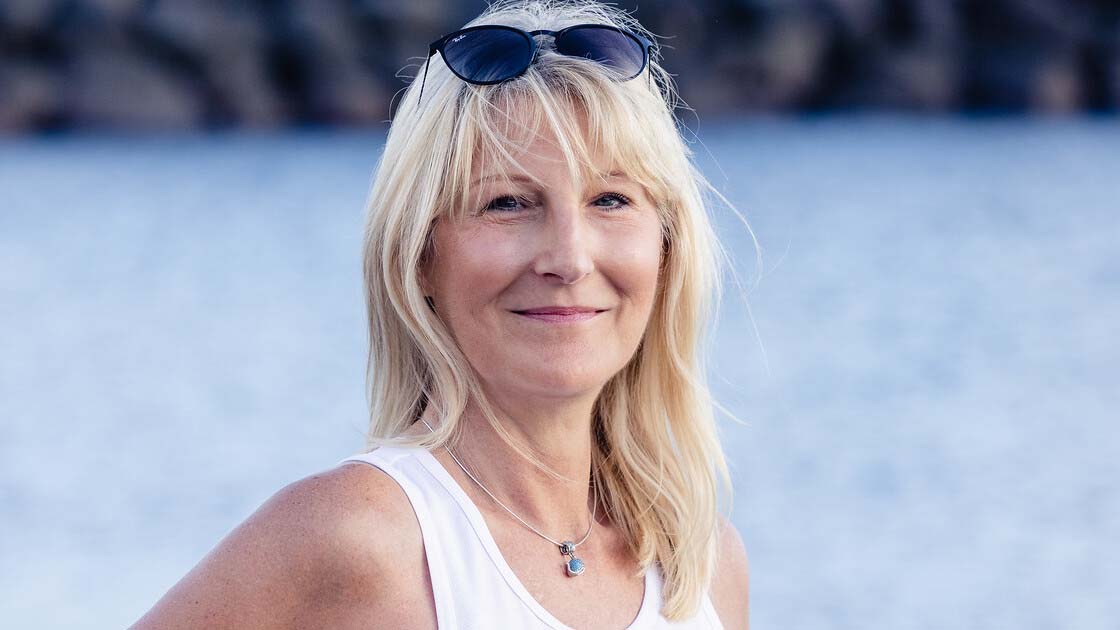
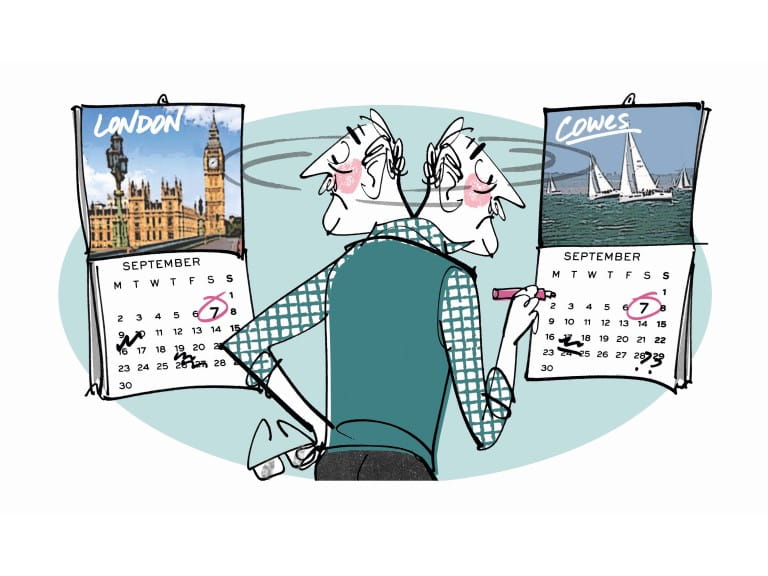
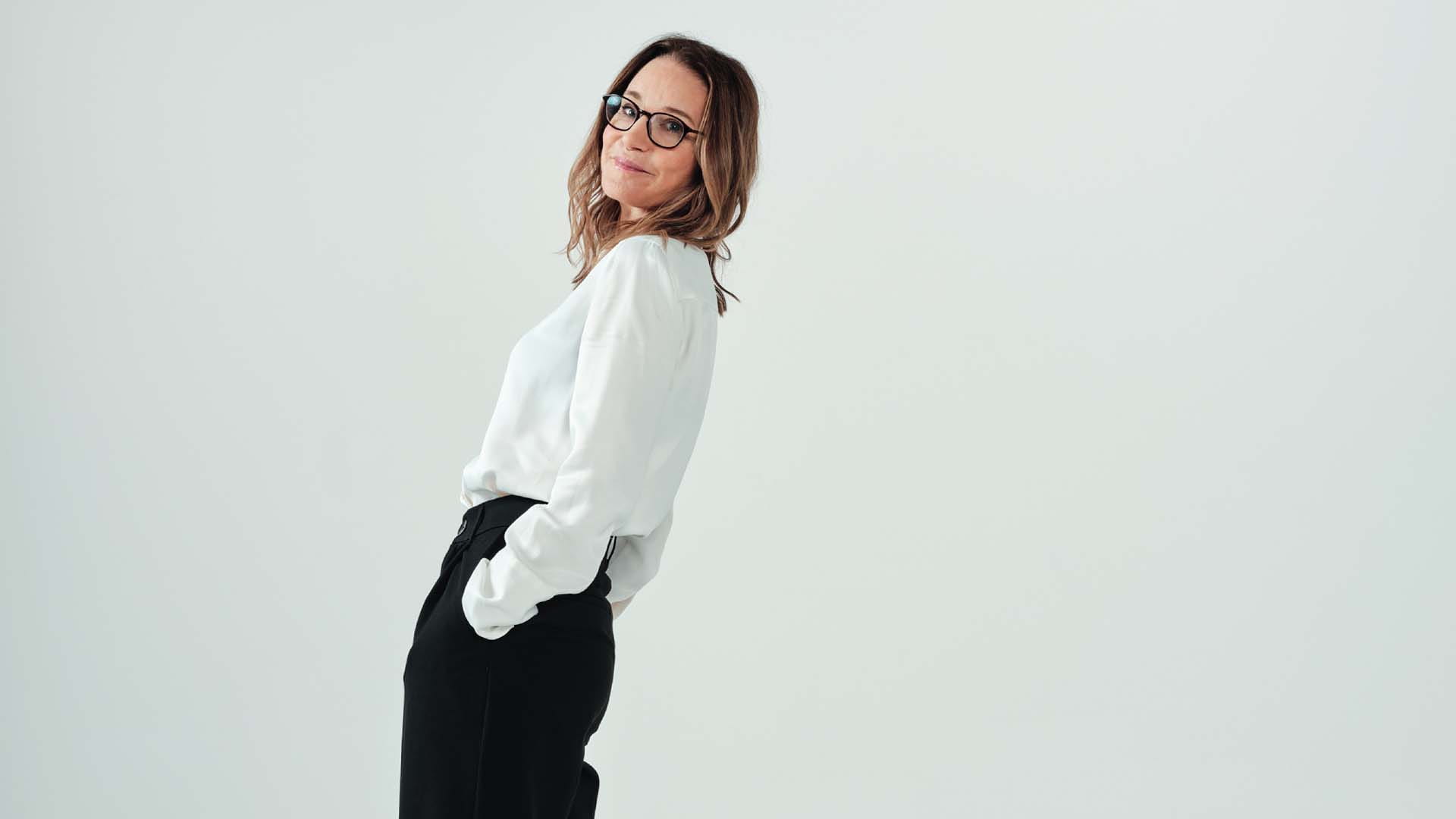

Women in the intelligence services did more than just take notes and chide flirtatious spies - many had real power and ran missions.
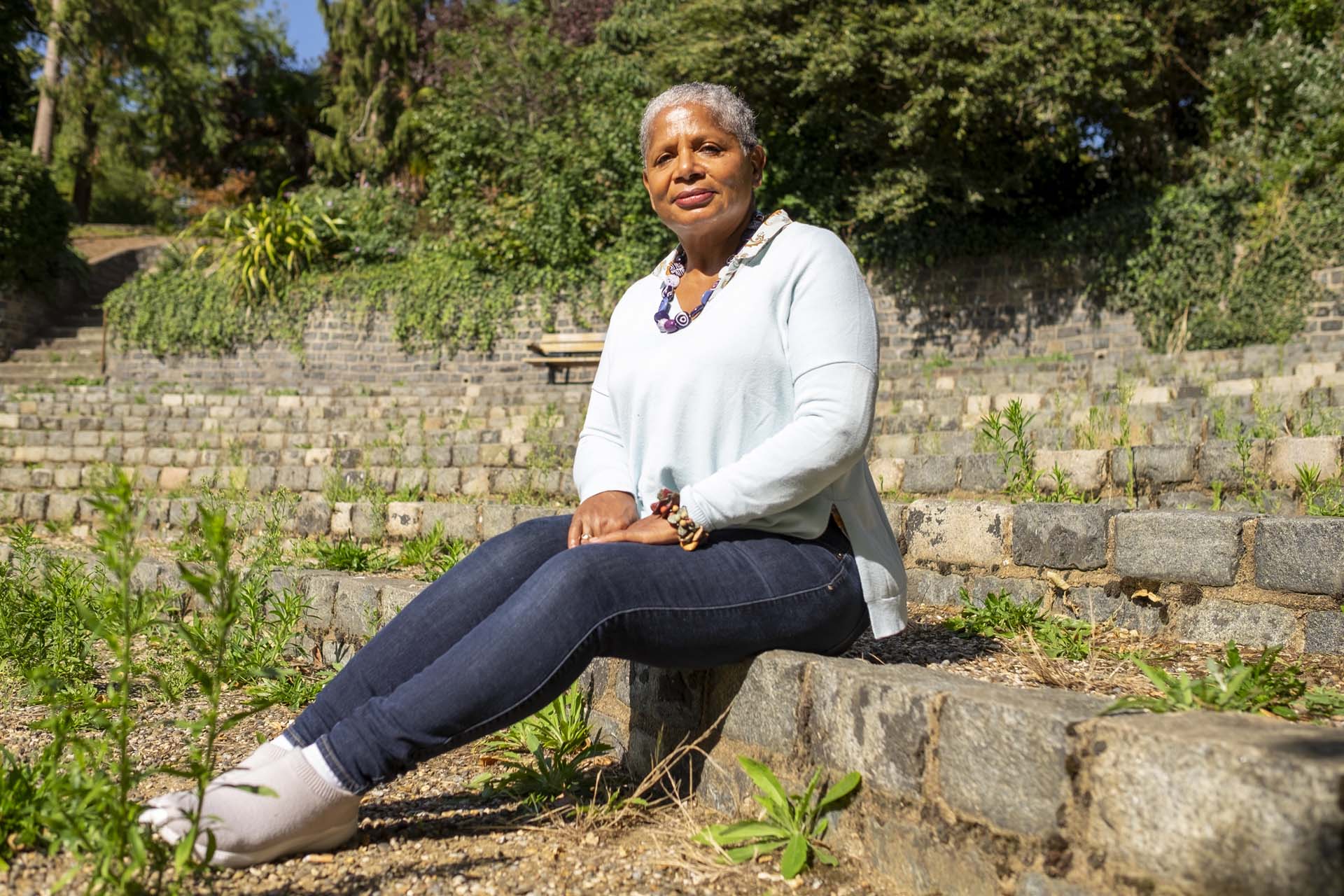
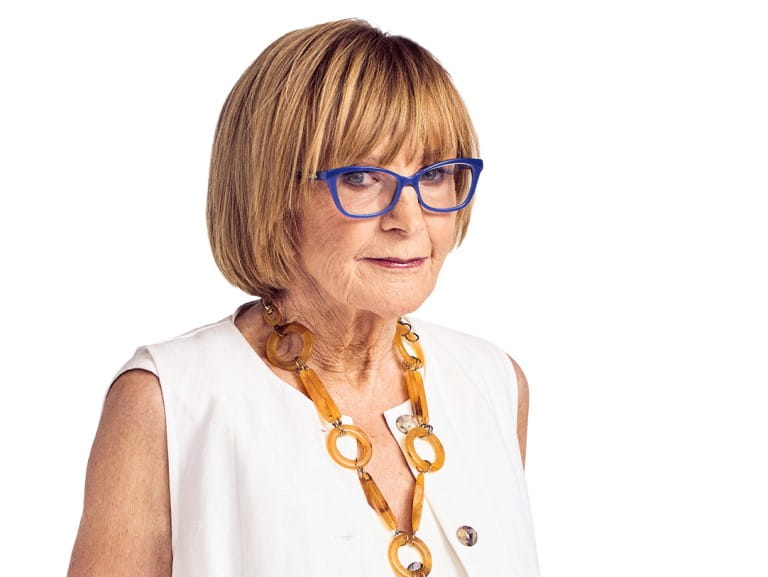
Anne Robinson on what to say when you read a friend's book and it's terrible.

Anne Robinson helps a man who thinks his life doesn't feel important after retirement, and asks how to find purpose again.
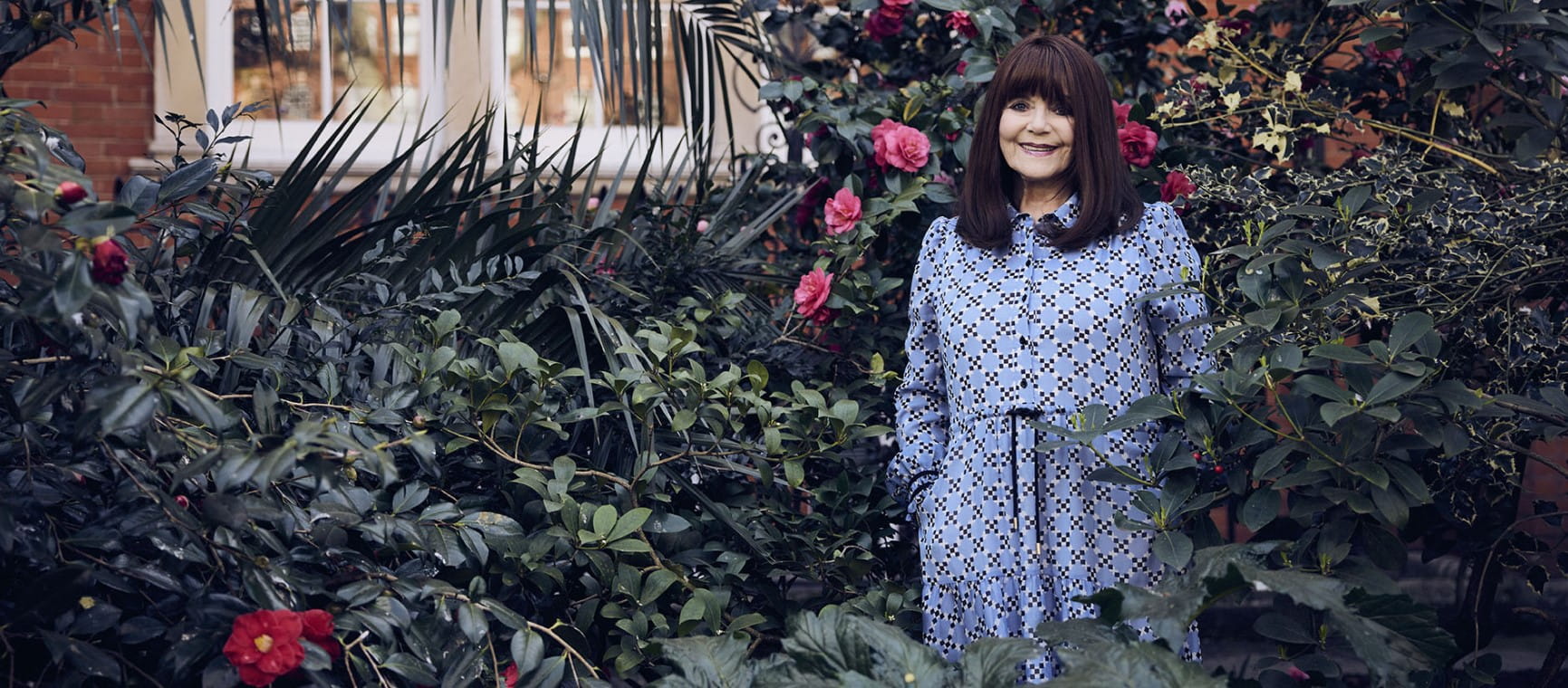
Dr Miriam Stoppard advises a widow on how to navigate modern dating etiquette and broaching the subject with her grown-up children.

Our columnist on the challenge of making a will and whether we should instead be spending our money on ourselves.
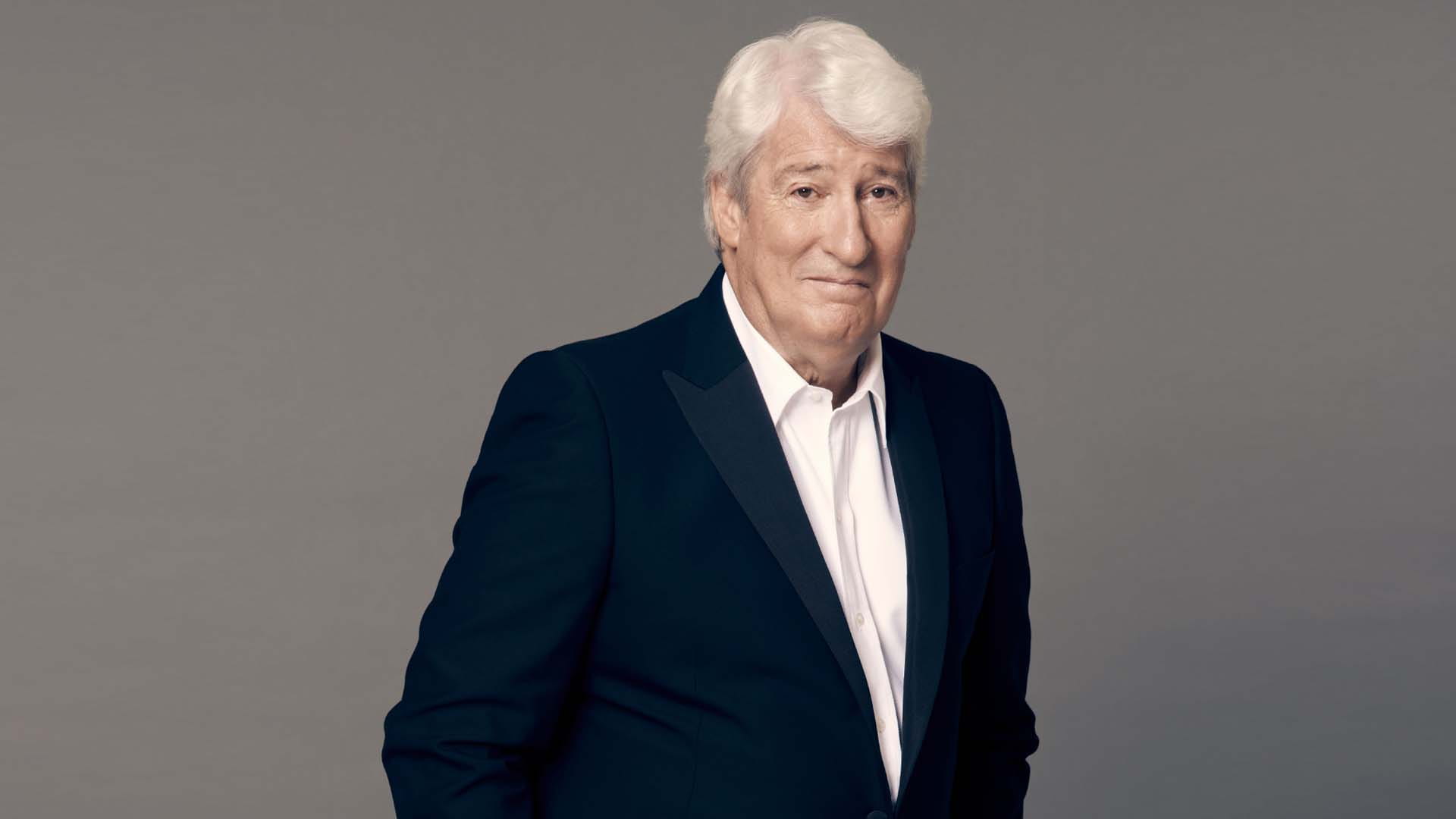

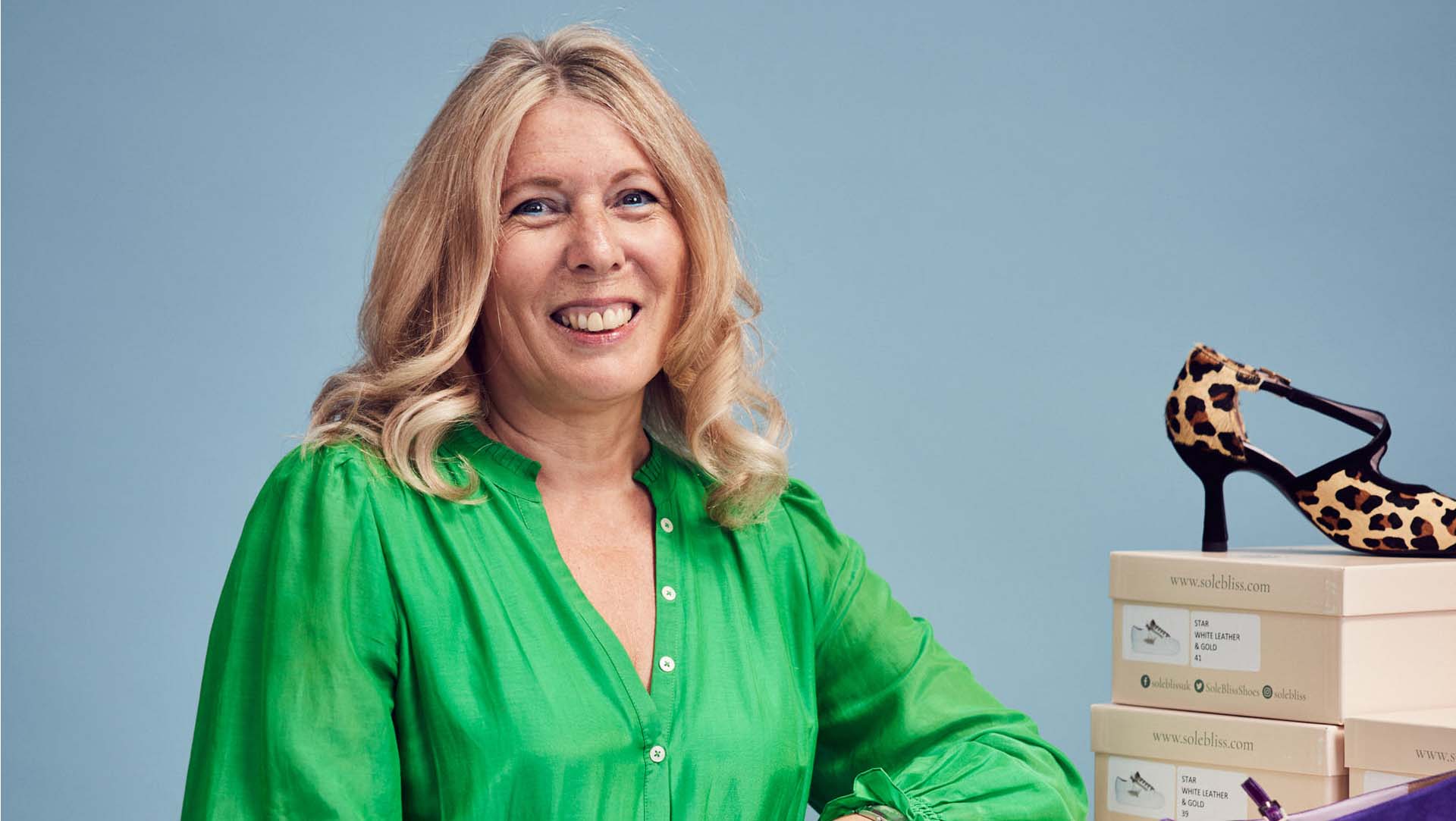

Self-publishing is becoming popular among older authors who want more creative control – and a bigger slice of the profits.
